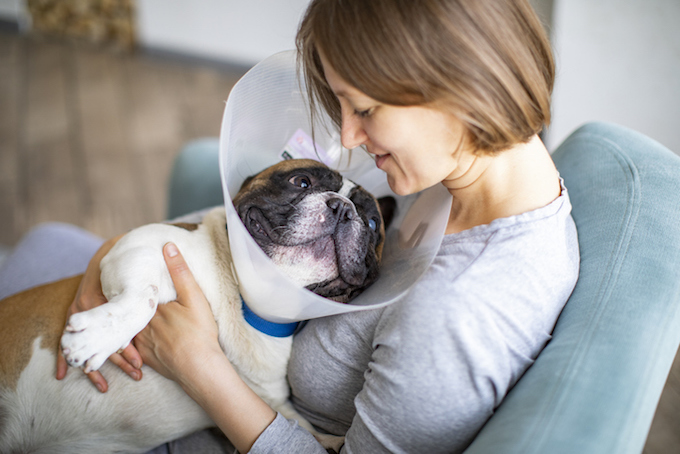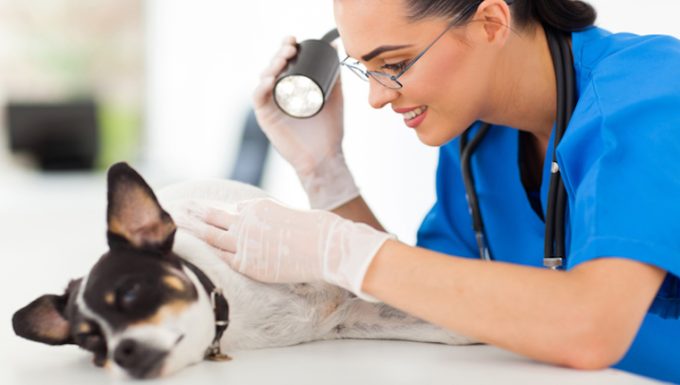Mast cell tumor in dogs is a common form of skin cancer. The condition most often produces masses or nodules on the skin.
Unfortunately, certain breeds are more likely to develop the condition than others, including Pugs, Boston Terriers, and Boxers.
Technically, the condition is also known as mastocytoma in dogs.
If you see the signs of the condition in your dog, then get to a veterinarian for a proper diagnosis and treatment.
Here’s what you should know about the symptoms, causes, and treatments for the condition.
Symptoms of Mast Cell Tumor in Dogs
The condition mostly produces masses on the skin. The masses can appear anywhere on the body. Additionally, some of the other common symptoms include:
- Allergic reaction
- Diarrhea
- Vomiting
- Swollen face
- Weakness
- Swollen limbs
Causes of Mast Cell Tumor in Dogs

The cause of the condition is unfortunately not known. However, genetic factors and environmental factors are suggested to play a part.
Additionally, the following breeds develop the condition more often than usual:
Treatments for Mast Cell Tumor in Dogs
Firstly, your vet will ask about your dog’s symptoms. Secondly, your vet will ask about your dog’s full medical history. This will include any breed-specific problems.
Thirdly, your vet will carry out a full physical examination. Additionally, your vet will use fine needle aspiration to examine cells from any tumors.
Generally, treatment involves removing the tumors. This is a surgical procedure. Subsequently, the tumors will be analyzed to see how severe they are. The tumors are categorized as low or high grade.
Low grade tumors often do not need any further treatment once they have been removed. However, high grade tumors may mean that your dog needs X-rays or further tests. Your vet will talk you through the options.
Generally, recovery involves using an Elizabethan collar. Also, pain medication can help. As always, if your vet prescribes your dog any medicine, make sure to stick to the correct dose and frequency instructions. Also, complete the full course of medicine.
Have you ever cared for a dog who suffered from this condition? How did your vet help your dog recover? Let us know in the comments section below.









